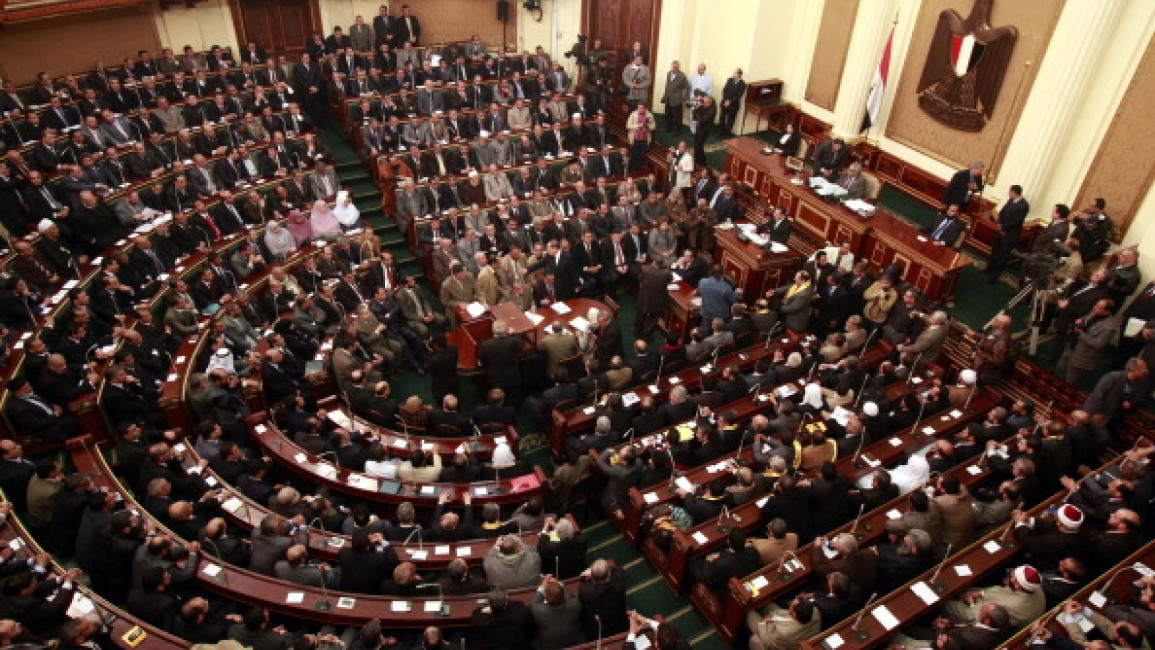Egypt moves to ban journalists from discussing religion after talk show host cast doubt on Quran story
The Egyptian parliament has proposed on Sunday a draft law that bans 'non-specialists' from discussing religion in mass media, according to local news reports.
The law was proposed by MP Tarek Radwan, head of the 'human rights' committee in parliament, which has been met by the consent of the 'religious affairs committee', led by former Mufti Ali Gomaa.
The Egyptian parliament is seen by critics as little more than an extension of the authoritarian regime, produced by tightly controlled sham elections. Laws passed there often reflect the regime's agenda, rather than a representative legislative drive.
The draft law seeking restrictions on freedom of speech, comes two days after prominent talk show host and journalist Ibrahim Issa sparked a social uproar by refuting mystical tales mentioned in the Holy Quran, the reports added.
A total of 60 MPs, about 10% of the parliament, approved the draft law in an attempt to prevent what they described as "chaos in the society".
Representatives from the supreme council for media regulation also attended the assembly session.
On Friday, journalist Ibrahim Issa made comments during a show he presents on Al-Kahera Wal Nas satellite TV channel in which he refuted the Quranic story of "Israa and Miraj", the mystical night journey of the Muslim Prophet Mohammed from Mecca to Jerusalem.
Issa said during the show that “Miraj,” the Prophet's ascending to the heavens was "a completely delusional story", advocated "by Salafist preachers".
It is believed by most Muslims that the five-times daily prayers were dictated to the Prophet during that journey.
Issa, an ardent critic of Islamists such as the Muslim Brotherhood group, outlawed by the regime of President Abdel Fattah Al-Sisi – also known for being anti-Salafism and anti-Wahabism, has long sparked heated debates over Islamic beliefs.
A number of lawyers as well as the Salafist Nour party filed complaints against him before the prosecution general accusing him of contempt of religion.
The prosecution general ordered an investigation into the alleged accusations of "blasphemy" against Issa, ordering him to be questioned.
It was not the first time Issa spoke about the controversial subject in question.
In December 2020, he made the remarks in an almost one-hour episode in his show Mokhtalafon Alayh (Disagreed On), which broadcasted on US-funded Hurra TV.
Issa, also a novelist and scriptwriter, had made controversial remarks on religion in his books and movies, including in Mawlana (Our Esteemed Sheikh) and El-Daif (The Guest).
The move in parliament could reflect the regime's desire to appear as defenders of the religion and appease Egypt's conservative base, despite earlier claims of seeking secular reforms.



